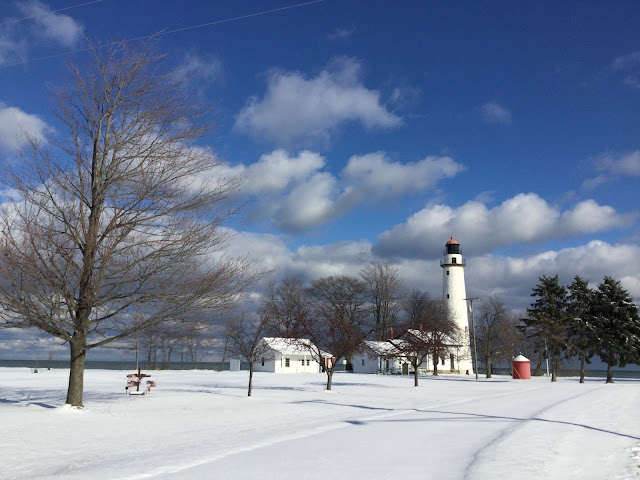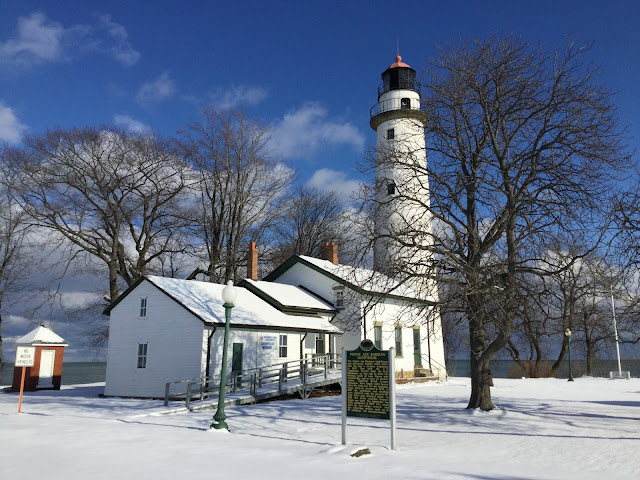― Jack London, The Call of the Wild
Nature and Landscape Photography, Photographic Journal of Biblical and Poetic Expressions
Pikes Peak
"Spacious Skies"
Friday, December 30, 2016
"Deep In the Forest"
― Jack London, The Call of the Wild
Sunday, December 18, 2016
Mt. Shasta 'Heaven On Earth'

The Snows of Shasta
From The Sisson Mirror, November 5, 1896
By Mary C. Bantz
Across the fields all gray and bare,The foothills rise in ranks of blue,
And through the shadows here and there,
Are flecks of clearer brighter hue-
The Sunset's glow.
The lower hills in shadow rest,
The higher peer above the gloom,
To where, against her shining crest,
The last beams cast the faintest bloom
On Shasta's snow.
In calmest dignity she stands,
While darkness gathers round her base,
And shadows climb with clutching hands,
And clouds approach in billowing race
As wild winds blow.
The winds will wrestle all the night,
And hurl the clouds against her side;
The storm will beat and spend its might,
In effort strong to quell the pride
Of Shasta's snow.
Yet, in tomorrow's cloudless day,
Her stately head with snowy crown
Will sparkle in the sun's first ray,
And mists will chase the shadows down
To vales below.
Through ages gone the storm has sought
To move, to crush that stately form;
But still she stands and yields to naught,
And gathers whiteness from the storm
For Shasta's snow.
If we, who bear the storms of life,
Could calmly patient wait the day,
Could bear the beat of toil and strife,
And never falter on our way
O'er paths of woe.
The light would come, the sun would rise,
And we would stand all strong and sure,
Eternal sunshine in our eyes,
Our doubts at rest, our souls as pure
As Shasta's snow.
Saturday, December 17, 2016
"The Lighthouse" by Henry Wadsworth Longfellow
The Lighthouse
By Henry Wadsworth LongfellowThe rocky ledge runs far into the sea,
And on its outer point, some miles away,
The Lighthouse lifts its massive masonry,
A pillar of fire by night, of cloud by day.
Even at this distance I can see the tides,
Upheaving, break unheard along its base,
A speechless wrath, that rises and subsides
In the white lip and tremor of the face.
And as the evening darkens, lo! how bright,
Through the deep purple of the twilight air,
Beams forth the sudden radiance of its light
With strange, unearthly splendor in the glare!
Not one alone; from each projecting cape
And perilous reef along the ocean's verge,
Starts into life a dim, gigantic shape,
Holding its lantern o'er the restless surge.
Like the great giant Christopher it stands
Upon the brink of the tempestuous wave,
Wading far out among the rocks and sands,
The night-o'ertaken mariner to save.
And the great ships sail outward and return,
Bending and bowing o'er the billowy swells,
And ever joyful, as they see it burn,
They wave their silent welcomes and farewells.
They come forth from the darkness, and their sails
Gleam for a moment only in the blaze,
And eager faces, as the light unveils,
Gaze at the tower, and vanish while they gaze.
The mariner remembers when a child,
On his first voyage, he saw it fade and sink;
And when, returning from adventures wild,
He saw it rise again o'er ocean's brink.
Steadfast, serene, immovable, the same
Year after year, through all the silent night
Burns on forevermore that quenchless flame,
Shines on that inextinguishable light!
It sees the ocean to its bosom clasp
The rocks and sea-sand with the kiss of peace;
It sees the wild winds lift it in their grasp,
And hold it up, and shake it like a fleece.
The startled waves leap over it; the storm
Smites it with all the scourges of the rain,
And steadily against its solid form
Press the great shoulders of the hurricane.
The sea-bird wheeling round it, with the din
Of wings and winds and solitary cries,
Blinded and maddened by the light within,
Dashes himself against the glare, and dies.
A new Prometheus, chained upon the rock,
Still grasping in his hand the fire of Jove,
It does not hear the cry, nor heed the shock,
But hails the mariner with words of love.
"Sail on!" it says, "sail on, ye stately ships!
And with your floating bridge the ocean span;
Be mine to guard this light from all eclipse,
Be yours to bring man nearer unto man!"
"Do Not Stand at my Grave and Weep"

"Do Not Stand at my Grave and Weep"
Do not stand at my grave and weep
I am not there. I do not sleep.
I am a thousand winds that blow.
I am the diamond glints on snow.
I am the sunlight on ripened grain.
I am the gentle autumn rain.
When you awaken in the morning's hush
I am the swift uplifting rush
Of quiet birds in circled flight.
I am the soft stars that shine at night.
Do not stand at my grave and cry;
I am not there. I did not die.
By Mary Elizabeth Frye 1932
The Snow Storm
The Snow-Storm
By Ralph Waldo Emerson
Announced by all the trumpets of the sky,
Arrives the snow, and, driving o'er the fields,
Seems nowhere to alight: the whited air
Hides hills and woods, the river, and the heaven,
And veils the farm-house at the garden's end.
The sled and traveller stopped, the courier's feet
Delayed, all friends shut out, the housemates sit
Around the radiant fireplace, enclosed
In a tumultuous privacy of storm.
Come see the north wind's masonry.
Out of an unseen quarry evermore
Furnished with tile, the fierce artificer
Curves his white bastions with projected roof
Round every windward stake, or tree, or door.
Speeding, the myriad-handed, his wild work
So fanciful, so savage, nought cares he
For number or proportion. Mockingly,
On coop or kennel he hangs Parian wreaths;
A swan-like form invests the hidden thorn;
Fills up the farmer's lane from wall to wall,
Maugre the farmer's sighs; and, at the gate,
A tapering turret overtops the work.
And when his hours are numbered, and the world
Is all his own, retiring, as he were not,
Leaves, when the sun appears, astonished Art
To mimic in slow structures, stone by stone,
Built in an age, the mad wind's night-work,
The frolic architecture of the snow.
Tuesday, December 6, 2016
Monday, December 5, 2016
Subscribe to:
Posts (Atom)















































